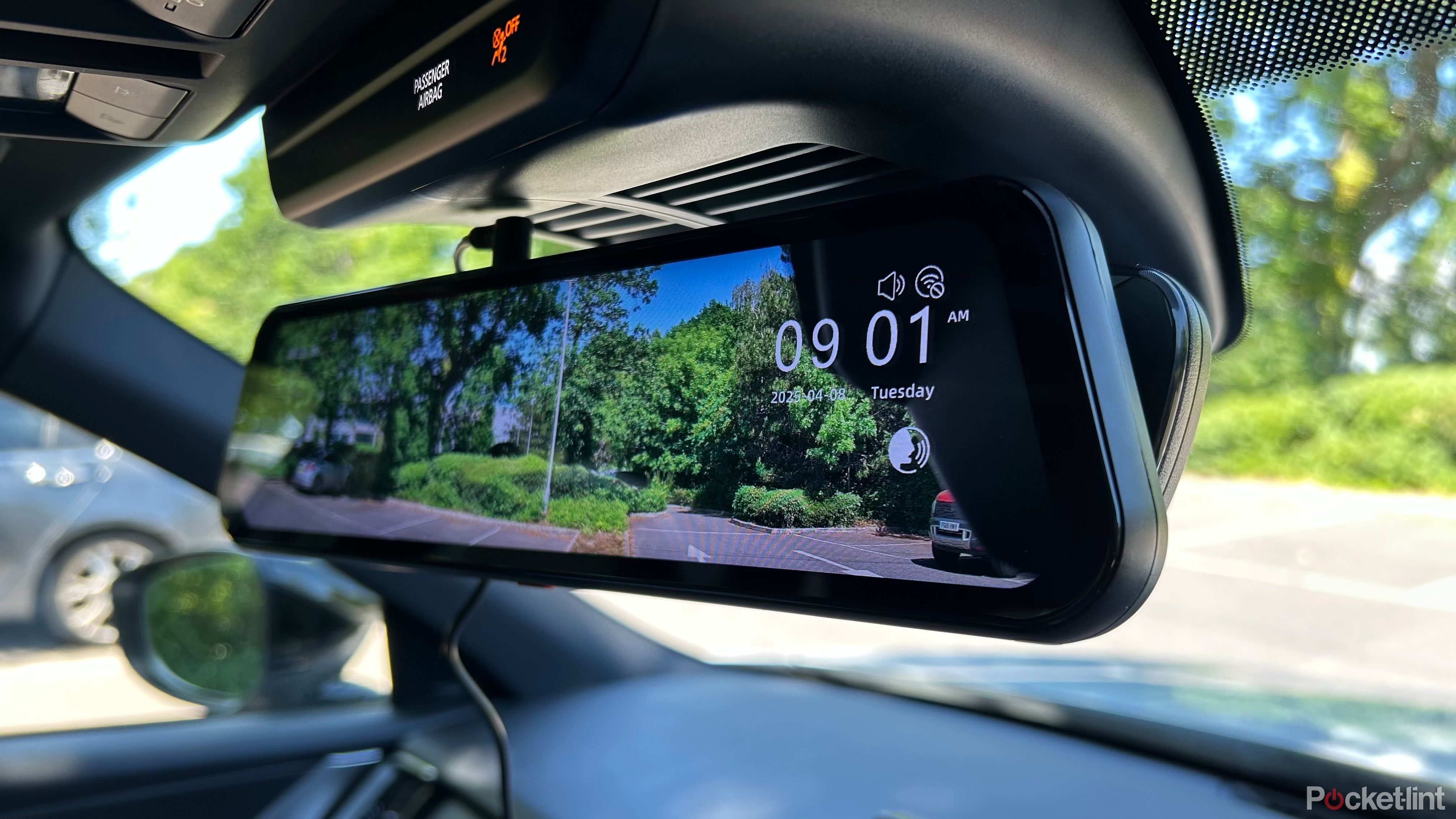Trial by AI – how far will artificial intelligence reshape our legal systems?
With AI’s development on a seemingly unstoppable trajectory, we’re increasingly being asked to consider a) how the technology will transform our lives and b) how much should we let it? It’s a debate with little consensus but which permeates almost every aspect of society. The law is not immune. Many in the legal world are starting to question AI’s role within the sector and if it could even replace lawyers and judges. At the very least, it could make the legal system more efficient and enable the judicial process to record more accurate, fairer decisions.
How could AI influence our justice systems?
On first examination, there’s certainly potential for AI to create a less biased justice system. Just as 94-96% of car accidents are caused by human error, the history of criminal law is replete with miscarriages of justice. The list is long – from the recent Post Office scandal in the UK and a wasted decade of Libor prosecutions in the US, to wrongful Death Row executions, the Birmingham six and Andrew Malkinson. Clearly, the criminal justice system does not truly work for all.
AI-led proceedings would not require the empaneling of juries. And, if algorithms were continuously updated and improved over time, human bias could be significantly reduced. What’s more, it could almost eliminate jury or judge tampering – after all, it’s hard to interfere with or intimidate an AI system, or indeed buy it off.
And rather than banning a people-led jury from using the internet or researching cases for fear of biased information gathering, an AI-powered system would draw all available data to inform its conclusions – making hung juries a thing of the past.
Some would suggest this goes too far. But even for those who prefer a human head (and heart) at the helm of legal proceedings, AI could surely help drive efficiency. For example, in the handling and recording of data. Using AI to analyze high volumes of case materials and verify information could reduce the time to trial for a multitude of cases and allow them to be heard much quicker when they do reach the courtroom. For example, it was used in a recent trial at the Old Bailey which re-opened the murder case of six-year-old Rikki Neave. An AI software enabled the review of over 10,000 documents to identify patterns in evidence that were missed in the initial inspection.
The impartiality of AI, even at an early investigative stage, could pick up patterns and resolve the facts more quickly. And fueled by machine-learning and the right deep learning techniques, AI could even be applied to highly complex white-collar trials. For example, insider trading cases could benefit from AI’s ability to understand patterns and irregularities in a variety of sources –monitoring financial transactions and flagging suspicious activity.
How is it already being used?
Some countries around the world are already trialing the technology in their judicial systems, with considerable success. China is using Xiao Zhi 3.0 (‘Little Wisdom’) to aid legal decision making in civil proceedings. First deployed in Hangzhou in 2019, it facilitated a trial of 10 people who could not repay their bank loans. Now, it is used in simple financial disputes, analyzing case materials, verifying information from databases, and recording testimonies. The implementation of Xiao Zhi 3.0 into China’s legal system has made it faster and more efficient; 10 separate trials can now be heard in a single 30-minute hearing by one judge. Such support within UK courts could be instrumental in helping to clear the considerable backlogs currently seen across the country.
In Germany, the program “FRAUKE” was tested in the Frankfurt District Court over eight weeks in passenger rights cases. It was successfully used to extract key elements from procedural submissions and prepare judicial decision proposals using comparable cases. Following its initial success, the Hessian Ministry of Justice approved further development of the technology. It’s not the first time AI has been used in Germany either – the AI, “OLGA” has been used in the Higher Regional Court, Stuttgart, in diesel cases, which are almost always appealed. OLGA analyses information by automating the cases into case groups using factors determined by judges (i.e. vehicle, engine type, mileage). This would makes it possible to more effectively schedule and process cases.
Barriers to adoption
There is no question that digital innovation will have a significant role to play in our justice systems – even the simplest of programs can help to establish and order the facts of a case. But could we ever rely on AI to completely take the reins when it comes to doling out justice? AI is not programed to reach a binary conclusion, it learns from scenarios and applying its own conclusions. These scenarios aren’t predefined – the program just ‘figures out’ what to do. That’s a lot of trust to place in the hands of technology.
Sceptics would argue that it will never be able to truly possess “common sense.” It can produce human aligned responses, sure. But it lacks the intuitive understanding of humans. Can AI experience empathy and a true ‘sense of justice’? To approach something similar, it accesses deep data and neural networks – but there are many who might question if this enough.
Meanwhile, proponents have suggested AI should take court assistance further to read body language and decide on witness veracity. This is enough to alarm legal experts and psychologists the world over who will argue that many factors affect body language and testimony including stress and misleading questions. Moreover, lawyers would be concerned that the application of this type of technology breaches the principles of self-incrimination, begging the question – should this type of analysis even be contemplated?
Then there is the skillset of our existing judges and senior lawyers. Many of these are more luddite than technophile and pose a stumbling block to initial implementation. For example, despite some interesting AI test cases, German judges and prosecutors are resisting with great vigor any attempt to even digitalize and record criminal proceedings. In the UK, many judges who sentenced Post Office submasters on the assertion of digital “robustness” would have been unable to write or verify computer code.
Trial by AI
At the current rate of AI development, it seems merely a question of when and not if AI will become part of our justice systems. More complex AI applications for decision making may take longer to develop and integrate, whilst simpler AI tools for research and document review are already in use. What is clear is that AI’s enhanced capabilities will leave our own in the dust, ushering in greater efficiency, more accurate decision making and even reduced bias. But as progress marches on, there are still significant ethical and practical questions to be answered around how far we allow the technology to influence our legal processes.
In the US and other jurisdictions, defendants are asked whether they would prefer their case to be tried before a jury or a single judge. Before long, they may, in fact, face trial by AI.
We’ve featured the best AI writers.







